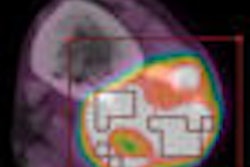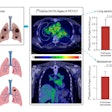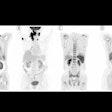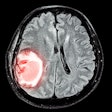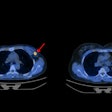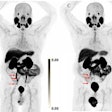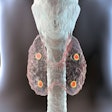Dear Molecular Imaging Insider,
This issue of the Molecular Imaging Insider is full of late-breaking news, cutting-edge technology, and research reports that all show the value of molecular imaging technology.
Topping the news is Friday's announcement from the U.S. Centers for Medicare and Medicaid Services (CMS) on reimbursement coverage for PET imaging and oncological applications. CMS revised its policy so that all Medicare beneficiaries with certain cancers will be able to receive Medicare coverage for at least one PET scan, as prescribed by their physicians.
The agency also expanded the current coverage of nine cancers to include ovarian cancer and myeloma, making a total of 11 indications now covered for both the initial diagnosis and subsequent treatment strategy. Read more about the decision and the reaction to it by clicking here.
In this edition's Insider Exclusive, researchers from several institutions have concluded that D-SPECT technology from Israeli gamma camera developer Spectrum Dynamics offers "great promise for clinical dynamic SPECT protocols, with important implications for applications in nuclear cardiology and molecular imaging."
The study found that D-SPECT reduced imaging time to one-tenth the time of conventional SPECT with image quality equal to, if not better than, conventional SPECT. Click here to learn more about the study and the company's plans for the technology.
In other news, staff writer Eric Barnes reports on a Belgian study that concluded there is no need for the extra expense and radiation of a dedicated CT scan to find brain metastasis in lung cancer patients if a whole-body PET/CT scan is already available from the original workup. Researchers determined that the CT portion of the PET/CT scan is enough for the initial diagnosis.
From the American College of Cardiology (ACC) meeting in Orlando, FL, comes word that most cardiac nuclear medicine scans are performed for appropriate indications. A multicenter study of more than 6,000 patients found that only 13.4% of SPECT myocardial perfusion imaging scans were performed for inappropriate indications.
Stay in touch with the Molecular Imaging Digital Community on a daily basis for more news and research, and be sure to watch for news from the SNM meeting in June on AuntMinnie.com.







